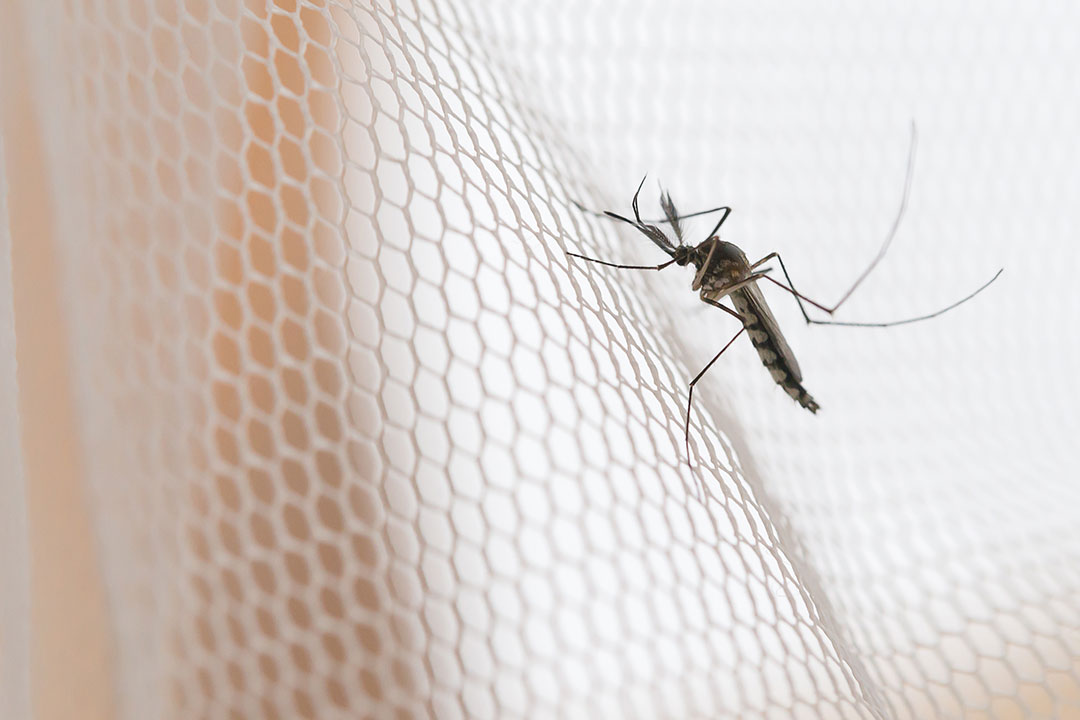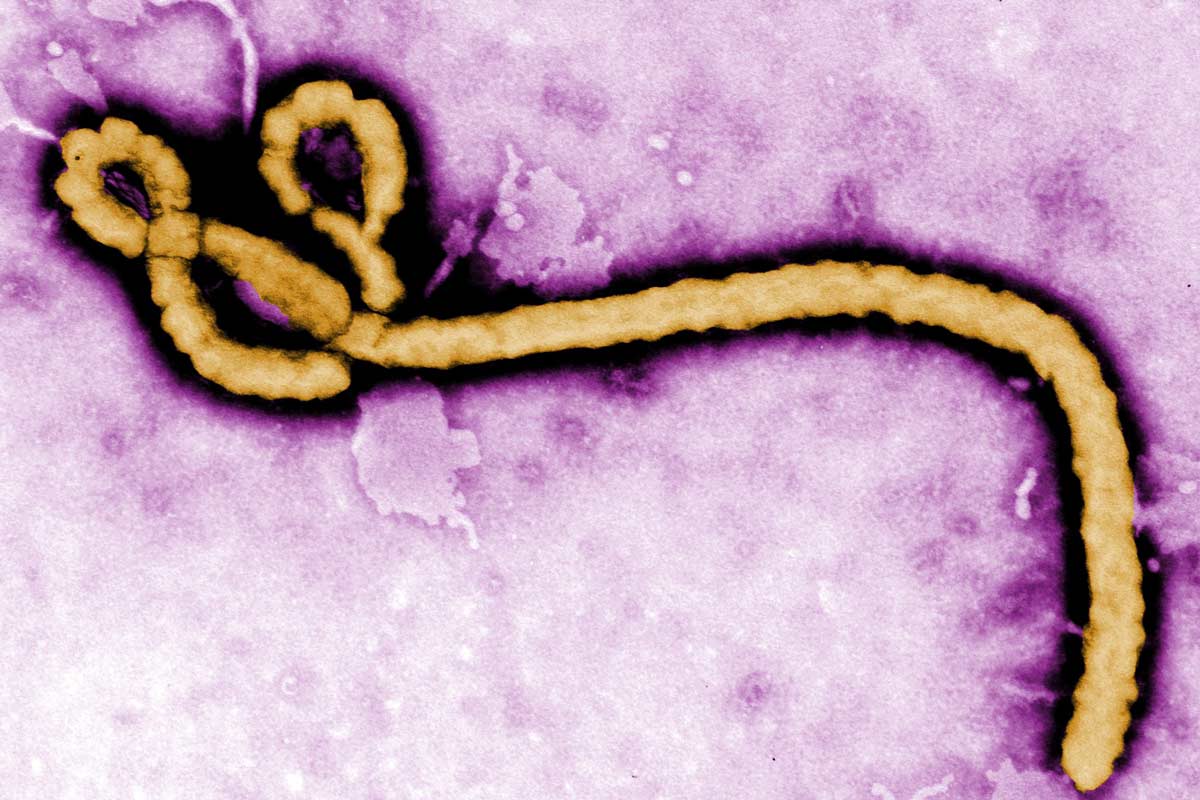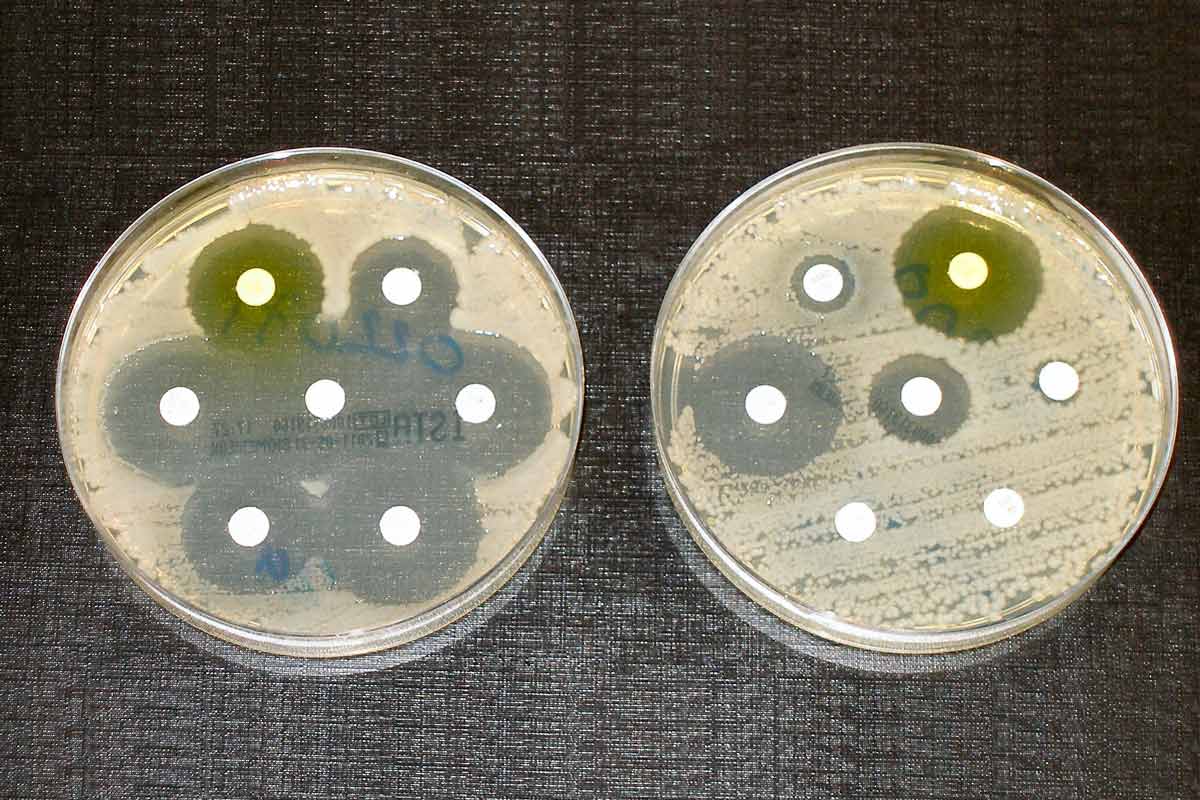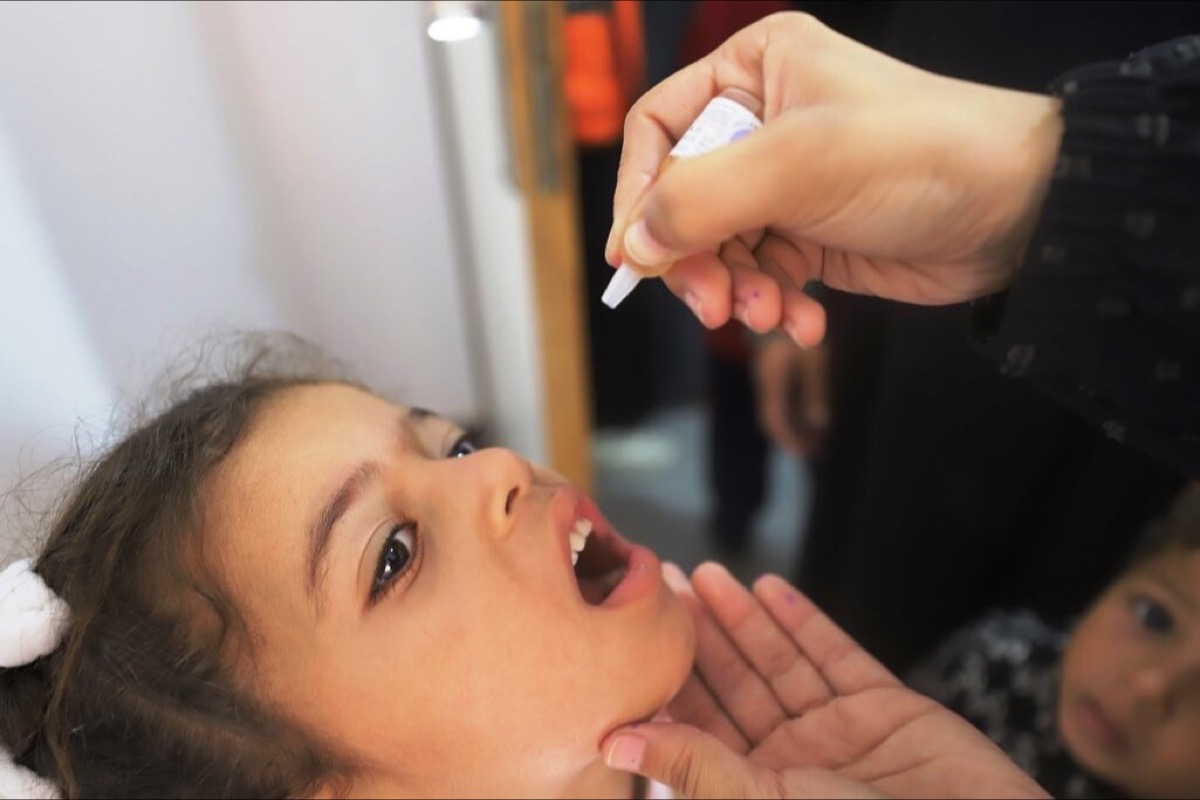Viruses alter victims’ scent to attract mosquitoes
Dengue and Zika viruses make mice and humans smell tastier to mosquitoes by altering the composition of their microbiomes.
- 1 July 2022
- 3 min read
- by Linda Geddes

The viruses that cause Zika and dengue fever are cunning foes. Not only do they hijack mosquitoes to jump from host to host, it seems they also alter the scent of those they infect to increase their chances of being bitten.
When offered a choice between healthy mice or those infected with Zika or dengue, the mosquitoes tended to pick the infected mice to feast on.
Deadly infections
Both dengue and Zika are spread through the bites of infected mosquitoes, mostly in tropical and subtropical areas of the world although their range is growing larger because of climate change.
Dengue causes a rash, fever, painful aches and in more serious cases haemorrhage and death, killing around 20,000 people each year – mostly children. Zika rarely kills, but it can cause serious birth defects in the unborn children of pregnant women.
Both rely on ongoing infections in humans or animals – and mosquitoes biting them – to spread. Now a team of researchers led by Gong Cheng at Tsinghua University in Beijing, China, has discovered a sneaky method by which these viruses increase their chances of transmission.
Scent of disease
Malaria infection is known to change people’s scent in such a way that increases attractiveness to mosquitoes. Suspecting that dengue and Zika viruses might be doing something similar, the researchers first tested whether Aedes aegypti mosquitoes showed a preference for biting infected mice. Sure enough, when offered a choice between healthy mice or those infected with Zika or dengue, the mosquitoes tended to pick the infected mice to feast on.
Next, the team analysed smelly molecules on the skin of healthy and infected mice, identifying several that were more common on infected animals. These were applied to fresh mice and to the hands of human volunteers.
Have you read?
Mosquito manipulation
The research, published in Cell, showed that one molecule in particular, acetophenone, was particularly attractive to the mosquitoes. Further experiments, which involved taking sweat samples from the armpits of human dengue patients, revealed that they too produced more of this molecule in their skin, making them more attractive to mosquitoes.
Acetophenone is made by certain harmless bacteria, called Bacillus, that grow on skin. Normally, the growth of these bacteria is kept in check by the production of an antimicrobial chemical called RELMα, which is produced by skin cells. Dengue and Zika viruses interfere with its production, resulting in an overgrowth of Bacillus.
Redressing the balance
By altering the balance of microbes on their skin, these viruses appear to manipulate their hosts’ scent to make them more attractive to mosquitoes. This could help explain why these viruses are so successful. Zika and dengue viruses belong to the same viral family as yellow fever, Japanese encephalitis and West Nile viruses, so it’s also possible that these human pathogens use a similar trick.
The good news is that a vitamin A derivative, called isotretinoin, is known to increase production of RELMα. When mice infected with dengue or Zika were fed this supplement they were bitten less frequently.
The next step will be to confirm these findings in a larger number of human dengue and Zika patients, and to test whether isotretinoin supplements similarly reduce their attractiveness to mosquitoes, potentially reducing the spread of these deadly viruses.
More from Linda Geddes
Recommended for you









